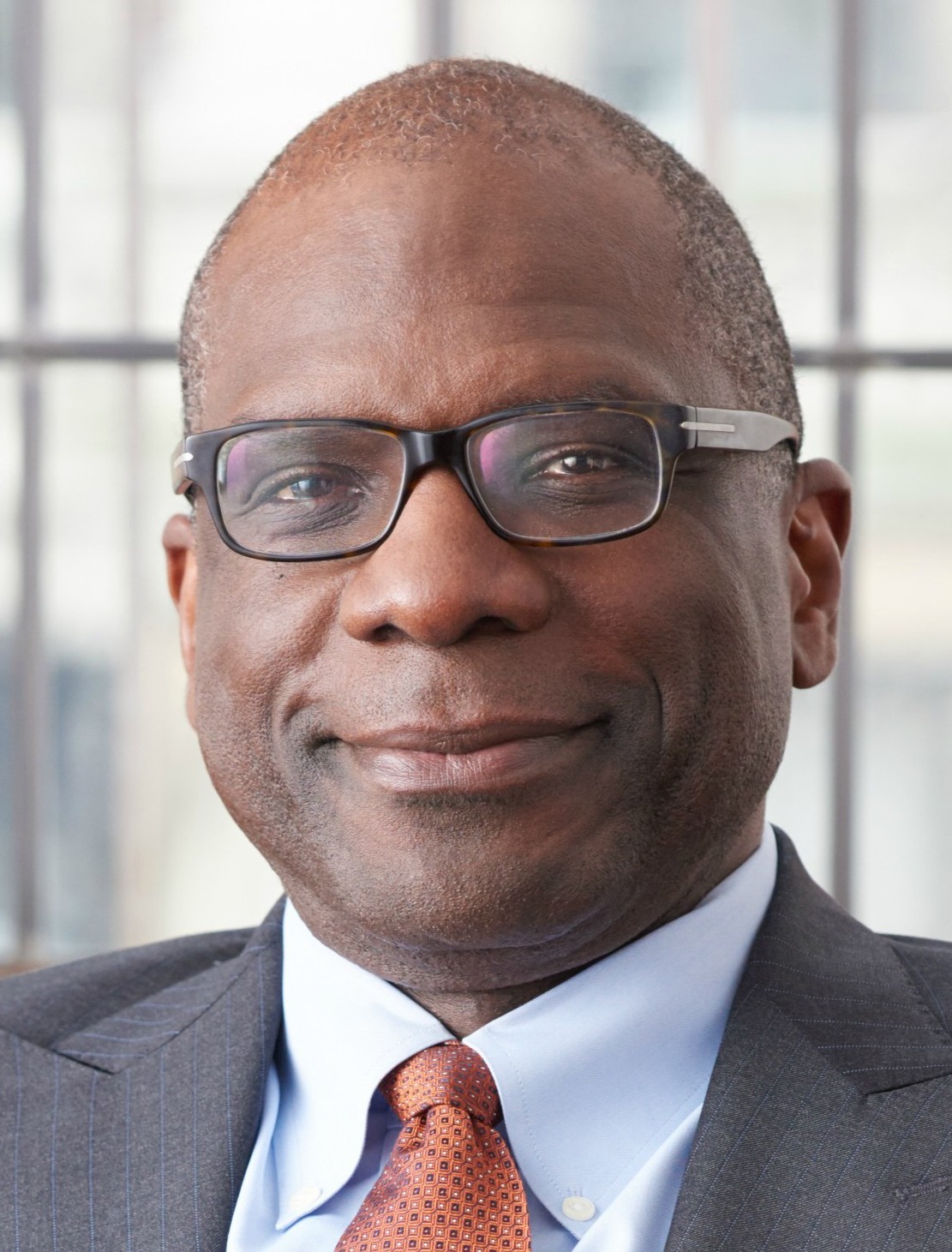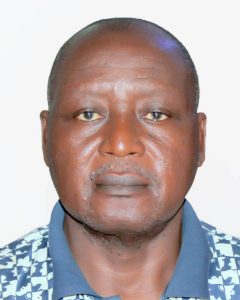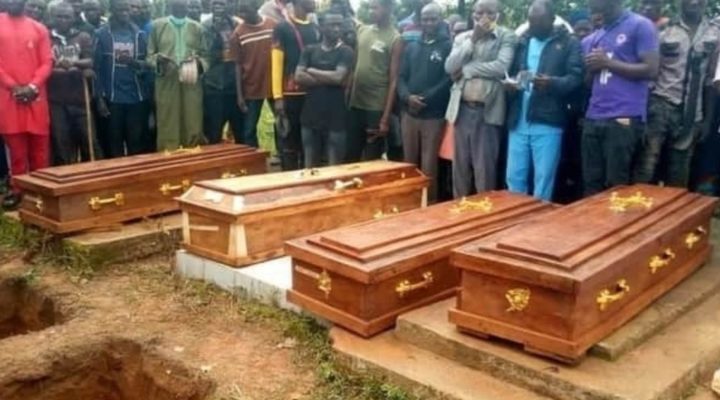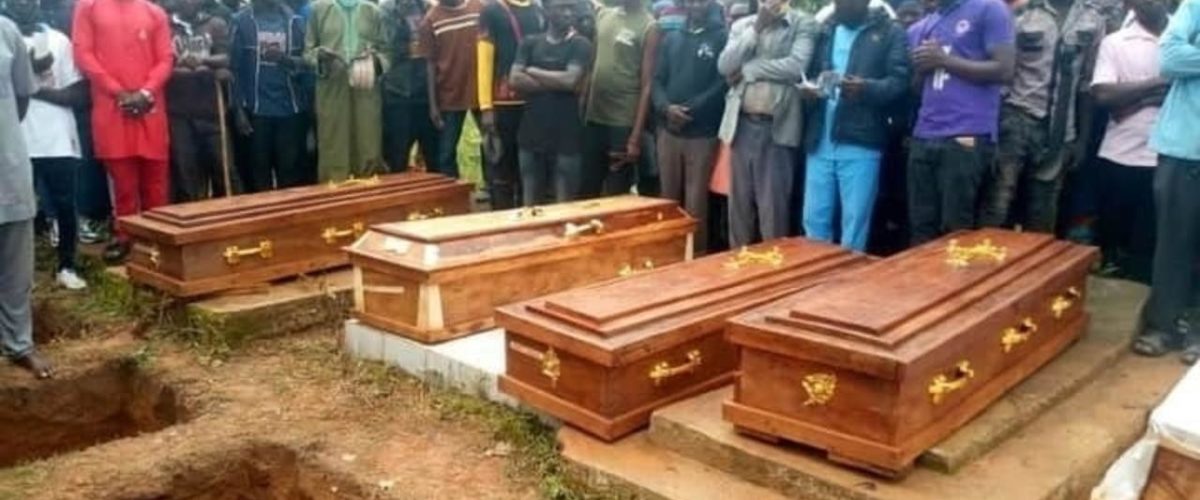Christians and Muslims both fear they will be “eradicated” in Nigeria, a fact-finding team from the U.S. Commission on International Religious Freedom discovered.
Last year, the commission, known as USCIRF, asked the U.S. State Department to label Nigeria, Africa’s most populous and ethnically diverse nation, as a Country of Particular Concern, where religious freedom is imperiled. The commission based its request on reports from information provided by a wide variety of sources, but the State Department declined to act.
Last month, USCIRF sent an investigative team to Nigeria. Members met with religious, civil and human rights leaders, as well as Nigerian and U.S. government officials, seeking to assess religious freedom conditions and threats in the country.
They uncovered a woeful list of atrocities, including:
- The day after the USCIRF team arrived, terrorists invaded St. Francis Catholic Church in Owo, in southwestern Nigeria, killing more than 40 worshipers.
- The previous day, a mob burned to death Ahmad Usman, a member of a local vigilante force in the federal capital territory, Abuja, after accusing him of blaspheming the Prophet Mohammed.
- Two weeks earlier, a pregnant Muslim woman and her four children were murdered in the Christian-dominated eastern region.
- Two weeks before that, a mob stoned and burned Deborah Samuel, a student of Shehu Shagari College of Education in Sokoto, in northwestern Nigeria, for allegedly using language considered demeaning to the Prophet Mohammed in a WhatsApp conversation with fellow students.
At the end of its weeklong visit, the USCIRF team deplored recent religious violence in Nigeria but said its meetings revealed insights into the challenges the West African country faces.
“These incidents were truly horrific and demonstrated the challenges facing Christians and Muslims in Nigeria. Our hearts go out to the families and communities impacted, and we implore the Nigerian authorities to spare no expense in bringing the perpetrators of these heinous acts to justice.”

Frederick A. Davie
“These incidents were truly horrific and demonstrated the challenges facing Christians and Muslims in Nigeria,” USCIRF Commissioner Frederick Davie said. “Our hearts go out to the families and communities impacted, and we implore the Nigerian authorities to spare no expense in bringing the perpetrators of these heinous acts to justice.”
“Nigeria is home to diverse religious and belief communities, and we were fortunate to learn from an array of perspectives about the state of religious freedom in the country,” he said. The visit “highlighted the complexity of the drivers of violence in Nigeria and the intersection of religious freedom and other security and human rights concerns.”
In a July 14 podcast, Davie elaborated on the complex dangers Nigerians face.
“Both Christians and Muslims we spoke to reported feeling afraid they will be eradicated from Nigeria. And unfortunately, these fears may be self-reinforcing ….”
“The risk of mass atrocity is real and present and felt by everyone,” he said. “Both Christians and Muslims we spoke to reported feeling afraid they will be eradicated from Nigeria. And unfortunately, these fears may be self-reinforcing as communities feel increasingly fearful of being targeted on the basis of their religion … to become more likely to self-arm and mobilize and act rashly in the face of violence.”
Collective fear is one of the most powerful drivers of atrocious crimes, he said, adding, “These fears are, of course, aggravated by low-level religious bias and opportunistic discrimination experienced by both Muslims in the (north) and Christians in the (south) as well as by demographic and economic shocks to the country these days.”
Many Nigerians believe the country’s elites have exploited the ethnic and religious differences among the diverse groups to further their political and economic interests at the people’s expense. Davie acknowledged this perspective, reporting many stakeholders said the country’s elites “were making the situation worse by playing on religious identity and fear for personal gain.”
And while mainstream Christian and Muslim communities negotiate their fraught relationships, they often ignore or exclude religious minorities and individuals with different beliefs, Davie added.
“For example, when we asked stakeholders about the state of religious freedom in the country, most assumed we wanted to hear about the state of Muslim/Christian relations. Very few stakeholders raised the issue of treatment of Shia’ Muslims or the treatment of humanist, atheist and individuals practicing indigenous religions,” he said.
In spite of challenges, Davie cited widespread popular support and demand by people of different faiths to engage in national dialogue and to iron out issues related to religious tolerance, interfaith harmony and freedom of religion or belief.
In spite of challenges, Davie cited widespread popular support and demand by people of different faiths to engage in national dialogue and to iron out issues related to religious tolerance, interfaith harmony and freedom of religion or belief.

Luka Binniyat
The USCIRF fact-finding effort did not reach throughout Nigeria, reported Luka Binniyat, national spokesperson for the Southern Kaduna Peoples Union, or SOKAPU, one of several Muslim and Christian groups BNG contacted for comment.
“I have no idea of the visit, neither is the Southern Kaduna Peoples Union aware of (it). Not even as a rumor,” he said. SOKAPU is an umbrella body of 67 Christian ethnic groups of Southern Kaduna that also serves as a socio-cultural group representing an estimated 5.2 million indigenous people.
“The said visit of USCIRF to Nigeria is very surprising to us, because if any people in Nigeria claim religious and political persecution, the Christians of Southern Kaduna should come top,” Binniyat said. “Christianity is targeted for extreme violence in Southern Kaduna,” as “no less than 560 churches have been burned since 2015 and 200 Christian clergy killed. … The number of Christian clerics and their family members kidnapped since 2016 are over 1,300.” More than 500,000 internally displaced persons live in Southern Kaduna, he said.
Emmanuel Ogebe, a Nigerian-born American lawyer, believes USCIRF’s findings are critical pieces of information that should guide the U.S. State Department’s work. But the State Department’s decision not to include Nigeria on the list of Countries of Particular Concern is cause for concern.
At a June hearing on Capitol Hill hosted by Rep. Sheila Jackson Lee, said in addition to the Owo massacre, more than a dozen people in his hometown of Benue were killed on a Sunday morning on their way to church, while another 32 people from a church in Kaduna were killed in suspicious circumstance by a Nigerian air force helicopter supposedly seeking terrorists.
“So, in one week, we had three major atrocities against Christians in three different states in Nigeria. Over 120 Christians were slaughtered.”
“So, in one week, we had three major atrocities against Christians in three different states in Nigeria,” he said. “Over 120 Christians were slaughtered.” Amazingly, “a U.S. delegation from USCIRF was in the country while all of these atrocities occurred, but the State Department will not listen to a U.S. government agency that is reporting the truth to them. This is a travesty that we see, that the State Department is a modern-day Holocaust-denier, refusing to acknowledge the bloodshed of innocents in Nigeria.”
He compared the international community’s haste to respond to the Ukrainian war to the situation in Nigeria and says the difference smacks of bias.
“More worshippers have been killed in Nigeria in the last five weeks than has been killed in Ukraine in the last four months of that war,” he said. “And we need to understand that just because it is not on the news or just because it is not before NATO doesn’t mean it is not happening and that bloodshed is not occurring in Nigeria on a daily basis.
“We are going to call out to (the) U.S. government because they can’t see genocide in Ukraine that happened just four months ago and say no genocide in Nigeria that has been going on for a dozen years … except for the fact that the people in Ukraine look more like them than I do, than we do.
“But let’s remember the color of genocide is red, and we both — white or black — share the same color of blood, and the time has come for the world to stand and do the right thing by the Christians of Nigeria.”
“But let’s remember the color of genocide is red, and we both — white or black — share the same color of blood, and the time has come for the world to stand and do the right thing by the Christians of Nigeria.”
Davie said the USCIRF looks forward to incorporating the report from the fact-finding visit into U.S. foreign policy recommendations to the president, the secretary of state and Congress relating to religious freedom in Nigeria.
Anthony Akaeze is a Nigerian-born freelance journalist who lives in Houston. He covers Africa for BNG.
Related articles:
Many voices call for prosecution of mob who lynched and burned Christian student in Nigeria
Tragic church attack in Nigeria claims more than 50 lives on Pentecost


